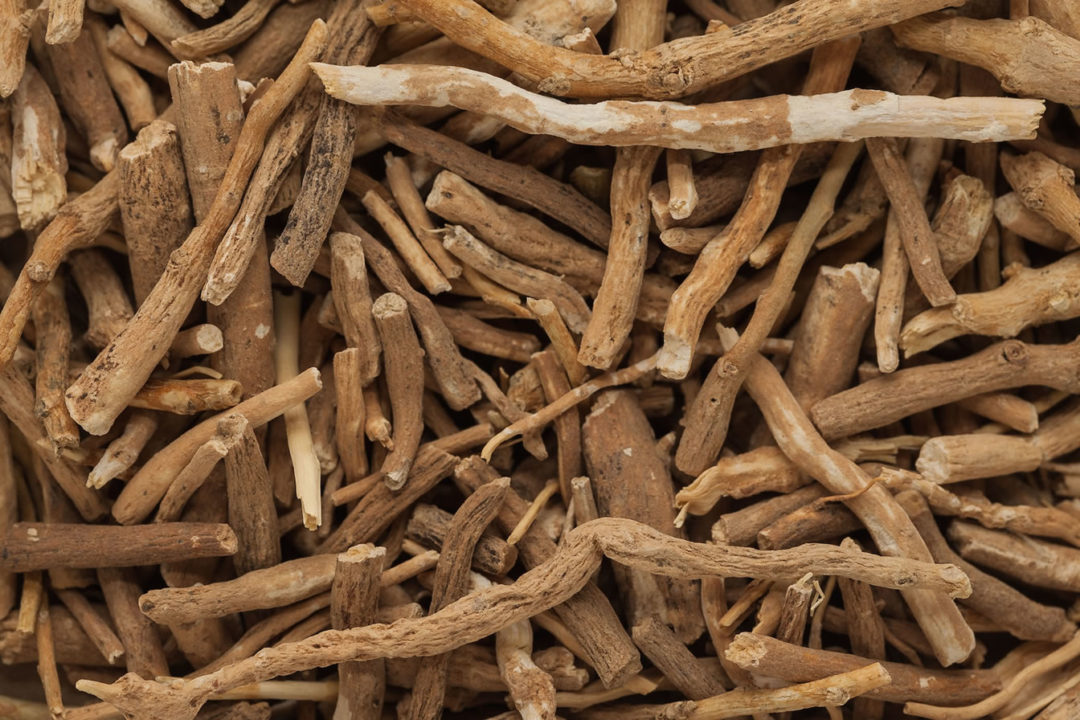
ABC: Ashwagandha Root Materials May Be Adulterated With Leaves, Stems

The release says the powdered roots of ashwagandha have a long history of use in Ayurvedic medicine for an array of purposes, and ashwagandha is one of the most popular Ayurvedic herbs in the U.S. It was the sixth top-selling dietary supplement in 2017, with sales totaling around $10.6 million. Unfortunately, ABC says, various reports have described the addition of undeclared material from ashwagandha leaves or stems to ingredients and products labeled to contain only root powders or extracts. The leaves and stems are typically available at a lower cost, and contain some of the same types of chemicals, known as withanolides, as the roots.
Mark Blumenthal, founder and executive director of the American Botanical Council (ABC) and founder and director of BAPP, said in the release, “This type of adulteration will fool only those companies and laboratories that do not use adequate analytical efforts to properly test their ashwagandha materials. A robust analytical methodology can determine if additional withanolides from undeclared leaf material are present in the analyzed samples.”
This is not, he clarified, in opposition to all ashwagandha. “We are aware of numerous companies that provide various types of authentic ashwagandha root raw materials and extracts. Our intention is to advise members of industry of the confirmed adulteration of some ashwagandha raw materials and extracts and for industry quality control laboratories to be doubly aware of the need for appropriate testing to authenticate the materials.”
Related Articles

The editorial team at WholeFoods Magazine has decades of experiences reporting on natural products industry news, trends, and more. This national, monthly business-to-business magazine has been published continuously for nearly 40 years (the magazine was founded in 1977, and has been owned by Wainer Finest Communications since 1984). It is the longest-tenured media outlet of its kind in the natural products industry. The editorial focus at WholeFoods Magazine is, and always has been, on informing and educating members of the natural products industry.
*These statements have not been evaluated by the Food and Drug Administration. These products are not intended to diagnose, treat, cure, or prevent any disease.
The Magazine
Information
About Us
NOTE: WholeFoods Magazine is a business-to-business publication. Information on this site should not be considered medical advice or a way to diagnose or treat any disease or illness. Always seek the advice of a medical professional before making lifestyle changes, including taking a dietary supplement. The opinions expressed by contributors and experts quoted in articles are not necessarily those of the publisher or editors of WholeFoods.







